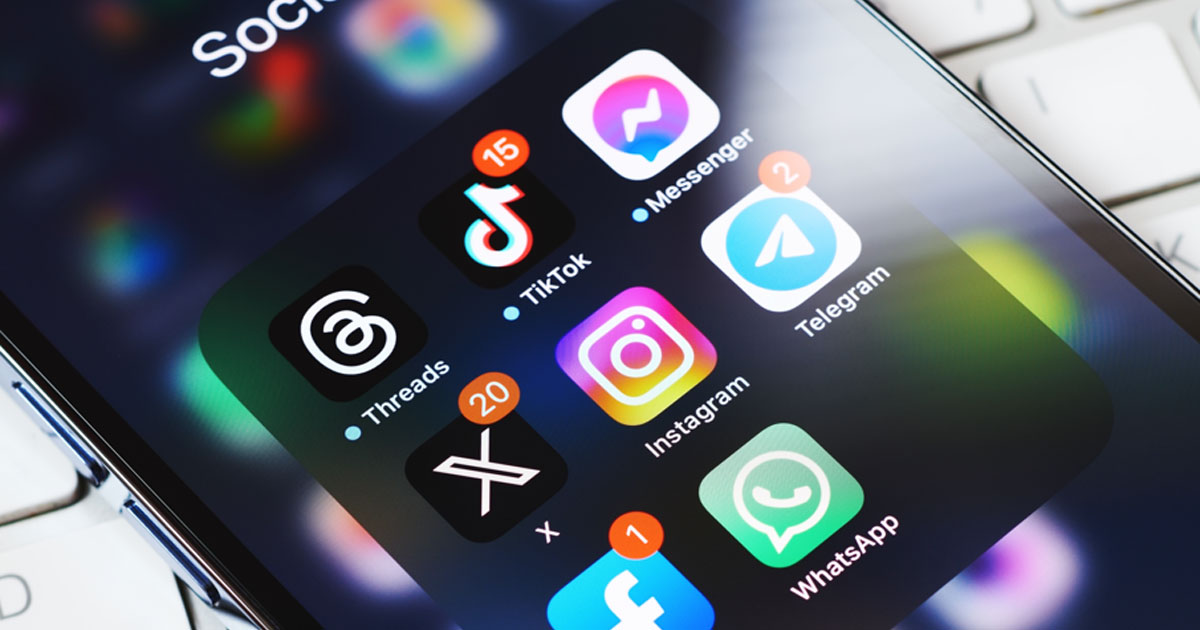By Belinda Matore, project officer in the Expression, Information and Digital Rights Unit at the University of Pretoria’s Centre for Human Rights.
Advocacy has found a powerful ally in social media. Platforms like TikTok, X and Facebook have transformed local injustices into national conversations, often within hours. Yet as the line between activism and exploitation grows increasingly blurred, we must ask: at what cost does awareness come? The tragic case of Cwecwe, a seven-year-old girl who was allegedly sexually assaulted at Bergview College in the Eastern Cape, serves as a stark reminder of how digital activism can devolve into digital exploitation.
Initially, the assault on Cwecwe received minimal media coverage. It was only after citizens mobilised online that her story gained the national attention it deserved. The hashtag #JusticeForCwecwe quickly became a rallying cry for accountability, uniting activists, celebrities and concerned citizens. This collective effort led to significant action: the Eastern Cape Department of Education deregistered Bergview College and launched an official investigation. In this regard, social media proved its potential as a force for good, amplifying voices that might otherwise have gone unheard.
However, this victory came with a deeply troubling downside. Amid the widespread calls for justice, a disturbing undercurrent emerged: a stream of posts that trivialised or even sexualised Cwecwe’s victimhood. The viral nature of these posts, especially from some men, quickly spread graphic speculations about the assault, many of which bordered on grotesque. In some instances, memes and inappropriate commentary surfaced online, trivialising a traumatic event, further exploiting Cwecwe’s suffering, and retraumatising those closest to the case.
This shift reveals a dark aspect of online activism, a spectacle-driven culture where suffering becomes content, reduced to nothing more than a consumable hashtag or meme. These actions not only stripped Cwecwe of her humanity but also subjected her to a kind of secondary victimisation, in which her pain became a commodity for digital consumption.
Legal and ethical boundaries
The sexualisation and unauthorised circulation of content related to child victims is not only ethically wrong but also illegal. South Africa’s Protection of Personal Information Act (POPIA) explicitly prohibits sharing personal data without consent, particularly when minors are involved. Additionally, the Children’s Act and the Sexual Offences Act criminalise the dissemination of exploitative material related to children.
International frameworks, such as Article 16 of the United Nations Convention on the Rights of the Child, further guarantee children’s right to privacy and protection from harm. Despite these safeguards, viral content related to traumatic incidents risks secondary victimisation, an especially harmful consequence in the digital space, where such content can be archived and rediscovered.
Due to a cultural shift and the increasing desire to trend, some now engage with inappropriate or graphic content online. This represents a passive consumption of trauma, where viral content takes precedence over humaneness and meaningful advocacy. In this environment, pain is commodified and shared for likes, retweets and the fleeting rush of digital attention, rather than out of genuine empathy.
This behaviour calls for serious reflection on digital citizenship and our collective responsibility in the online sphere. Ethical online activism isn’t merely about refraining from harmful speech; it requires that we actively reject content that dehumanises victims. True advocacy is about prioritising respect over engagement metrics and dignity over visibility, ensuring that the voices of the vulnerable are amplified with integrity, not exploited for entertainment or digital trends.
Freedom of expression: a right that demands responsibility
Freedom of expression remains one of democracy’s most cherished principles; it is a right that empowers individuals to speak out against injustice and share diverse perspectives without fear of censorship. However, this freedom is not absolute; it carries with it an inherent responsibility to exercise it ethically, with due regard for the rights and dignity of others.
International frameworks, like Article 10 of the European Convention on Human Rights, emphasise that freedom of expression must be balanced against other rights, such as privacy and protection from harm. UNESCO similarly advocates for the responsible use of this freedom in digital spaces, calling for the countering of harmful content while promoting societal resilience. Misusing this right – whether through hate speech, voyeuristic exploitation or spreading misinformation – undermines its very essence.
In cases like Cwecwe’s, exercising freedom responsibly means ensuring that advocacy does not devolve into exploitation or sensationalism. It calls for thoughtful engagement that amplifies justice without compounding harm.
Justice focused on victims
The case of Cwecwe reveals the power of unity in the face of injustice. The outcry was loud and urgent enough to compel authorities to act. The entire country rallied behind this young child, and the strength of her mother moved people to demand justice. However, it is deeply saddening that such a moment of collective strength was trivialised by those who have become desensitised or irresponsible with their words. The situation also triggered harmful behaviour, with some engaging in actions that could only be described as predatory.
While social media undoubtedly has the potential to amplify voices demanding justice, it can equally exploit those it seeks to protect when used irresponsibly. The platform that gave rise to the call for justice also became a breeding ground for harmful commentary and exploitation of the victim’s suffering.
As digital citizens, we must adopt a trauma-informed approach to online activism, one that prioritises the dignity and rights of victims above all else. This requires advocating for stricter platform moderation to ensure harmful content does not spread unchecked; supporting trauma-sensitive reporting that values empathy over sensationalism; and challenging an online culture that turns human suffering into a spectacle.
Justice should never come at the expense of a child’s humanity. In honouring Cwecwe’s story responsibly and exercising our freedom of expression ethically, we not only uphold her rights but also reaffirm our collective commitment to true justice: justice that values privacy, dignity and humanity.


